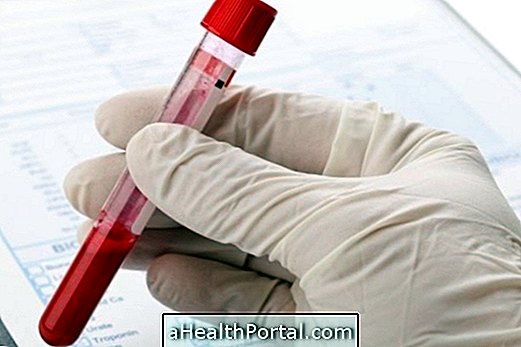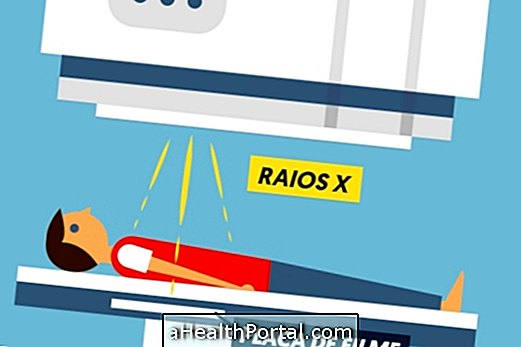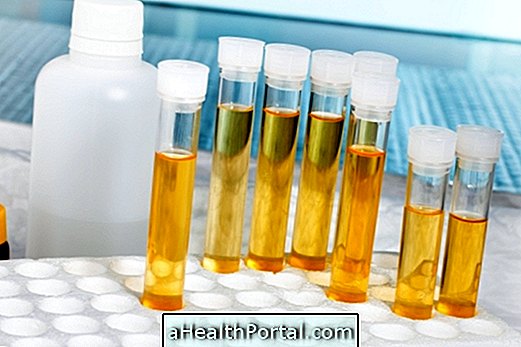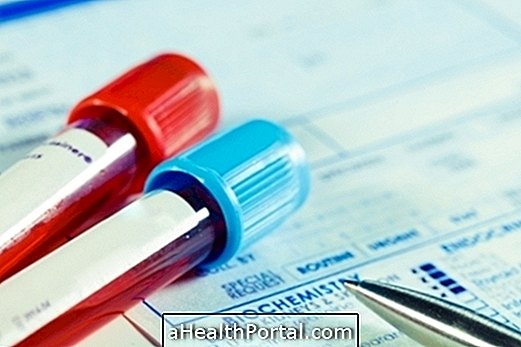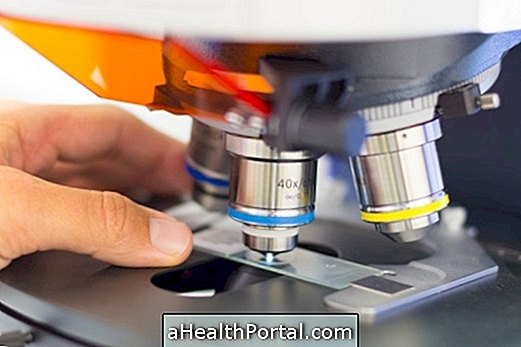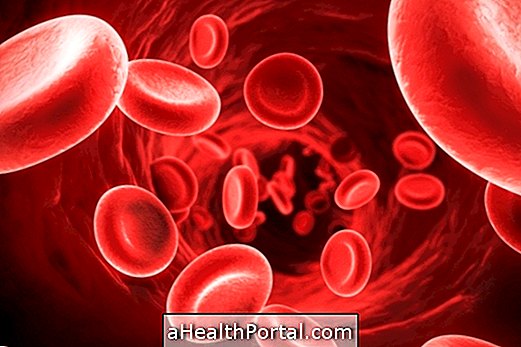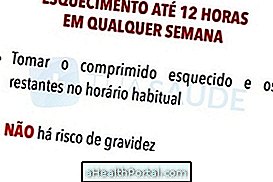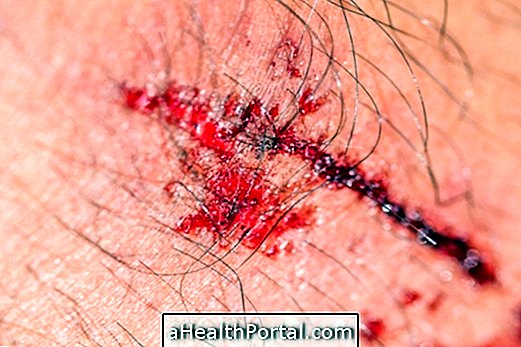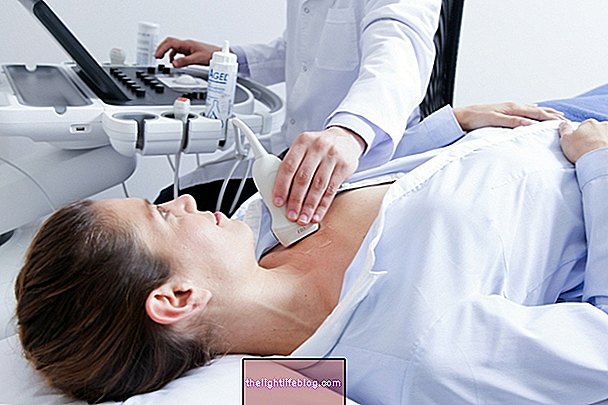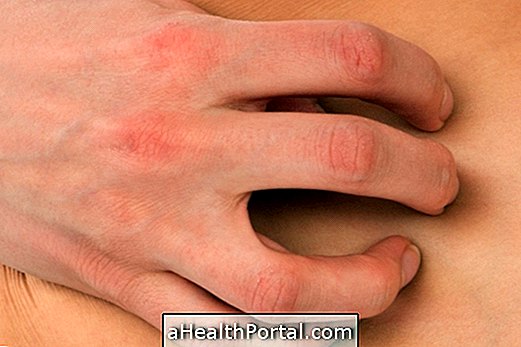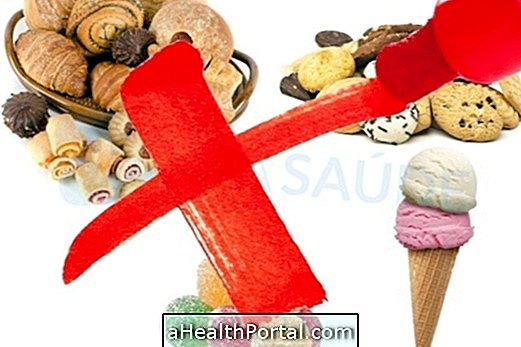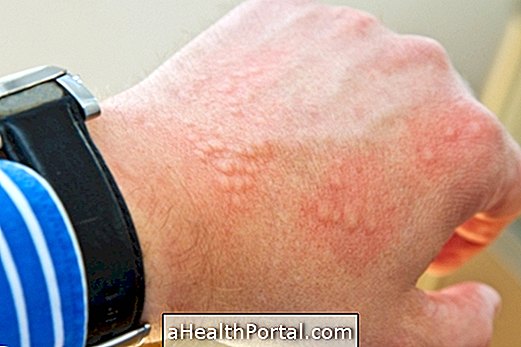The adrenocorticotrophic hormone, also known as corticotrophin and by the acronym ACTH is produced by the pituitary gland and is especially used to evaluate problems related to the pituitary and adrenal glands. Thus, the ACTH dosage is useful for identifying situations such as Cushing's Syndrome, Addison's Disease, Ectopic Secretion Syndrome, Lung and Thyroid Cancer, and Adrenal Gland Insufficiency, for example.
The ACTH test is usually requested by the doctor along with the dosage of cortisol in order to evaluate the relationship between these two hormones, since ACTH stimulates the production of cortisol. The normal value of ACTH in the blood is up to 46 pg / mL, and may vary according to the laboratory in which the test is performed and time of collection, since the levels of this hormone vary throughout the day, being recommended the collection by the morning.
The price of the ACTH exam varies between R $ 38 and R $ 50, 00 depending on the laboratory, however, it is made available by SUS.

Possible ACTH changes
ACTH is secreted gradually during the day, having higher levels at 6 and 8 and lower levels at 21 and 22h. The production of this hormone increases mainly in stressful situations, which stimulates the production of cortisol release, which is responsible for controlling stress, anxiety and inflammation. Learn more about cortisol and what it does.
Possible ACTH changes can be:
ACTH high
- Cushing's syndrome, which may lead to increased production of ACTH by the pituitary gland;
- Primary adrenal insufficiency;
- Adrenogenital syndrome with decreased production of cortisol;
- Use of amphetamines, insulin, levodopa, metoclopramide and mifepristone.
Very high concentrations of ACTH in the blood can increase lipid breakdown by increasing the concentration of fatty acids and glycerol in the blood, stimulating insulin secretion, and increasing the production of growth hormone, GH. Understand what GH is and what it is for.
ACTH low
- Hypopituitarism;
- ACTH pituitary insufficiency - secondary adrenal;
- Use of corticosteroids, estrogens, spironolactone, amphetamines, alcohol, lithium, pregnancy, menstrual cycle phase, physical activity.
The examination is requested by the physician when the person presents symptoms related to the increase or decrease of cortisol in the bloodstream. Signs that may indicate high cortisol are overweight, thin and fragile skin, reddish streaks on the belly, acne, increased body hairs and signs that may indicate low cortisol are weakness, tiredness, weight loss, darkening of the skin and loss of appetite.
Exam recommendations
To perform the test is indicated that the person fasted for at least 8 hours or according to medical guidance and that the collection is done in the morning, preferably 2 hours after the person wakes up.
In addition, it is also important not to perform physical activity on the day of the exam, nor on the day before, and to reduce the consumption of carbohydrates such as bread, rice, potatoes and pasta 48 hours before the exam, since this hormone acts in the regulation of proteins, glucose and lipid metabolism.
